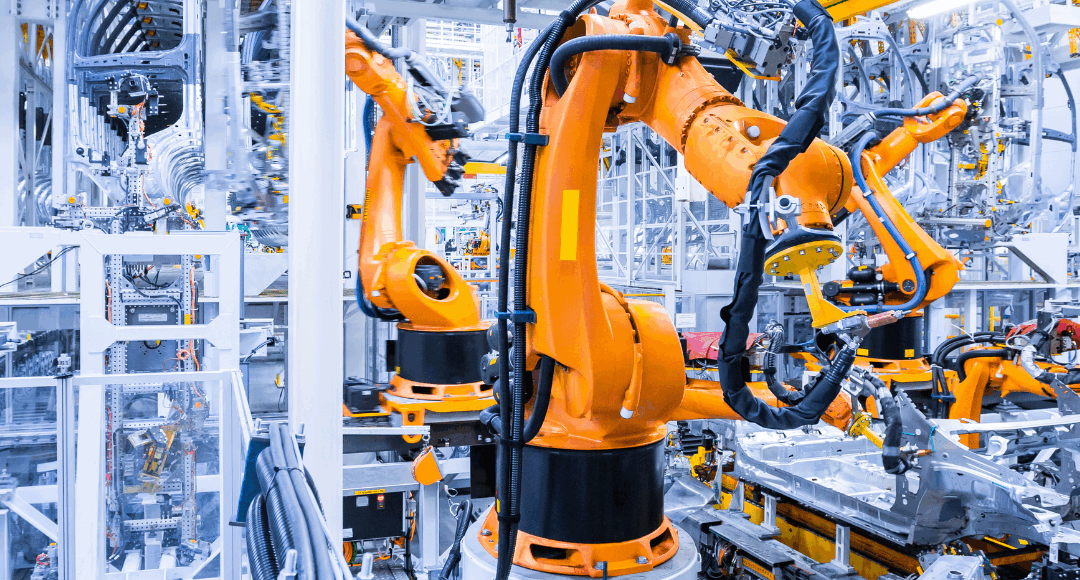The Future of AI Employees in RPA and Human Career Prospects

AI Employees Taking Over RPA: What It Means
Robotic Process Automation (RPA) has already transformed many industries by automating repetitive, rule-based tasks. The introduction of AI-powered employees—software agents with cognitive abilities—adds a new dimension, enabling automation of more complex tasks that require understanding, learning, and decision-making.
Key Impacts:
- Increased Efficiency: AI employees can handle high volumes of tasks faster and with fewer errors.
- 24/7 Operation: Unlike humans, AI workers can operate continuously without breaks.
- Scalability: Businesses can rapidly scale operations without proportional increases in workforce.
Potential Threats to Human Careers
The rise of AI employees in RPA can reduce the need for human involvement in routine, repetitive tasks, which may lead to:
- Job displacement in roles focused on manual data entry, basic processing, and simple decision-making.
- Reduced demand for low-skill administrative jobs.
- Pressure on wages for repetitive task-based roles.
However, this doesn’t necessarily mean a total loss of human jobs but rather a shift in the type of roles available.
Opportunities for Human Growth
Despite automation’s reach, there are significant areas where humans remain essential and can grow professionally:
1. Complex Problem Solving and Decision Making
AI struggles with tasks requiring deep judgment, creativity, or emotional intelligence. Humans can focus on strategic planning, complex problem-solving, and nuanced decision-making that go beyond AI capabilities.
2. Supervision and Management of AI Systems
Humans will be needed to design, monitor, maintain, and improve AI and RPA systems. This includes roles like AI trainers, engineers, and ethical overseers.
3. Customer Relations and Personalized Services
While AI can handle routine queries, human empathy and interpersonal skills remain crucial in handling sensitive issues, negotiations, and relationship building.
4. Innovation and Development
Humans will lead innovation by developing new applications for AI and automation, creating business strategies incorporating emerging technologies.
5. Cross-disciplinary Roles
Combining domain expertise with AI knowledge is a growing field. For example, construction managers who understand AI tools can optimize workflows better than either humans or AI alone.
Balancing Threats and Growth: How to Prepare
To thrive alongside AI employees in RPA-driven environments:
- Upskill in Technology: Learn to work with AI tools—programming, managing automation workflows, data analysis.
- Develop Soft Skills: Communication, leadership, creativity remain valuable human traits.
- Focus on Lifelong Learning: Stay adaptable as technology evolves.
- Specialize in Areas That Require Human Judgment: Ethics, strategy, negotiation.

